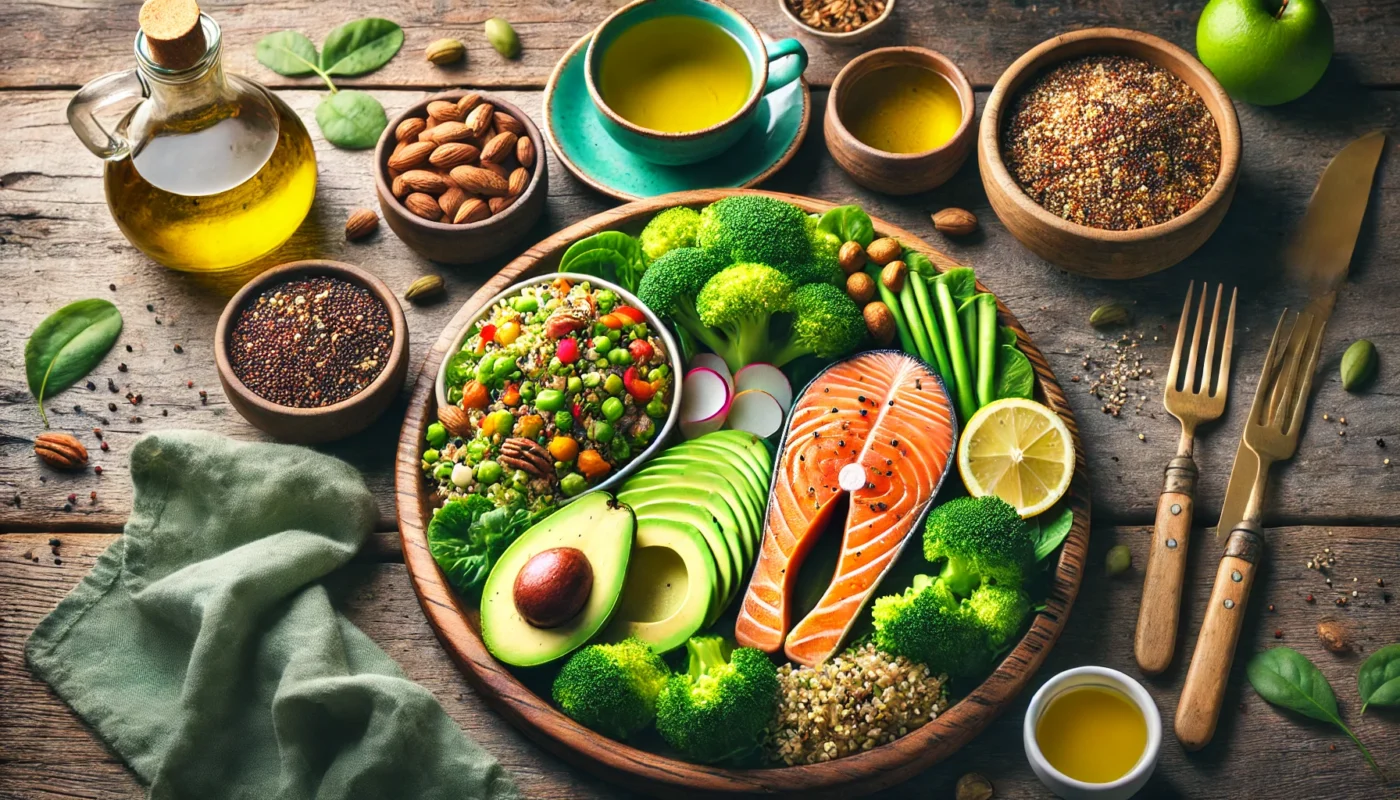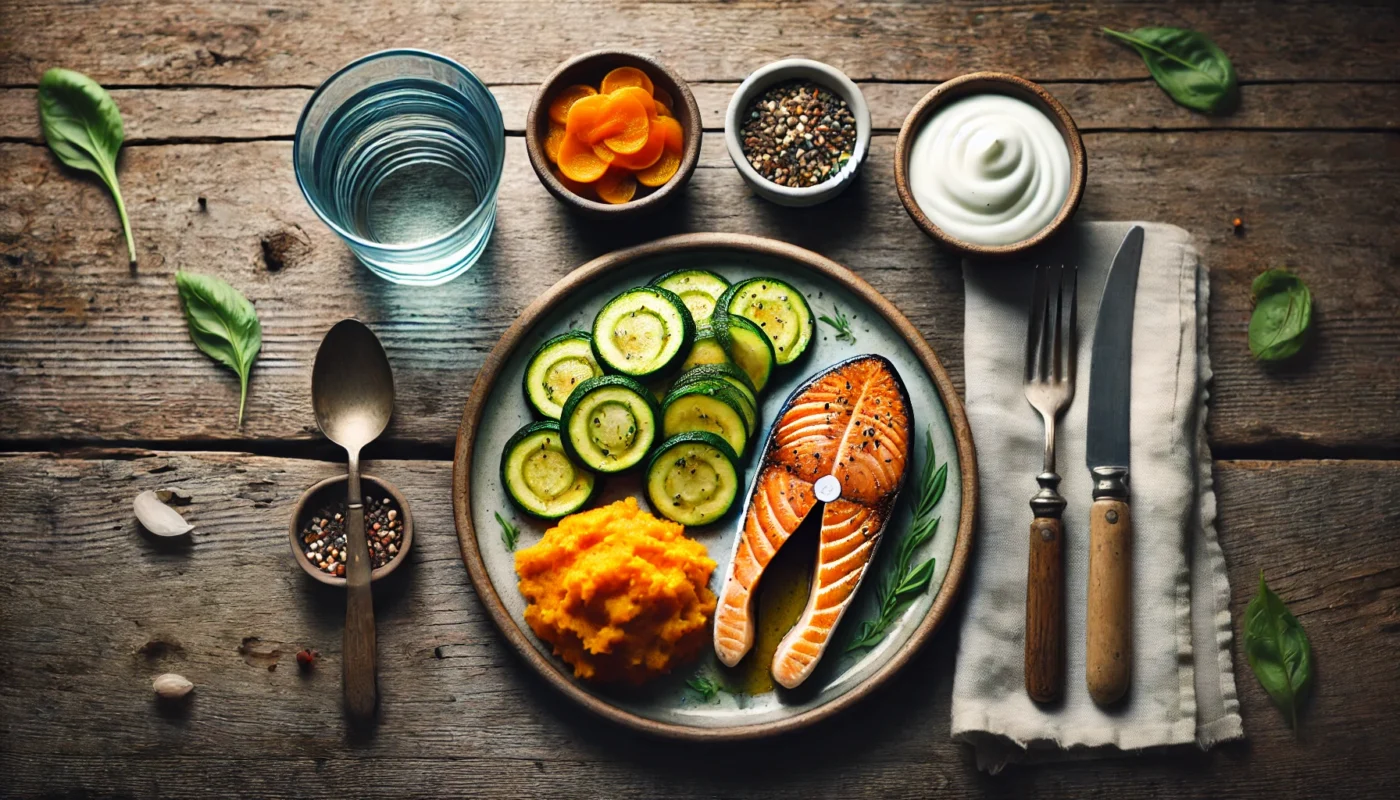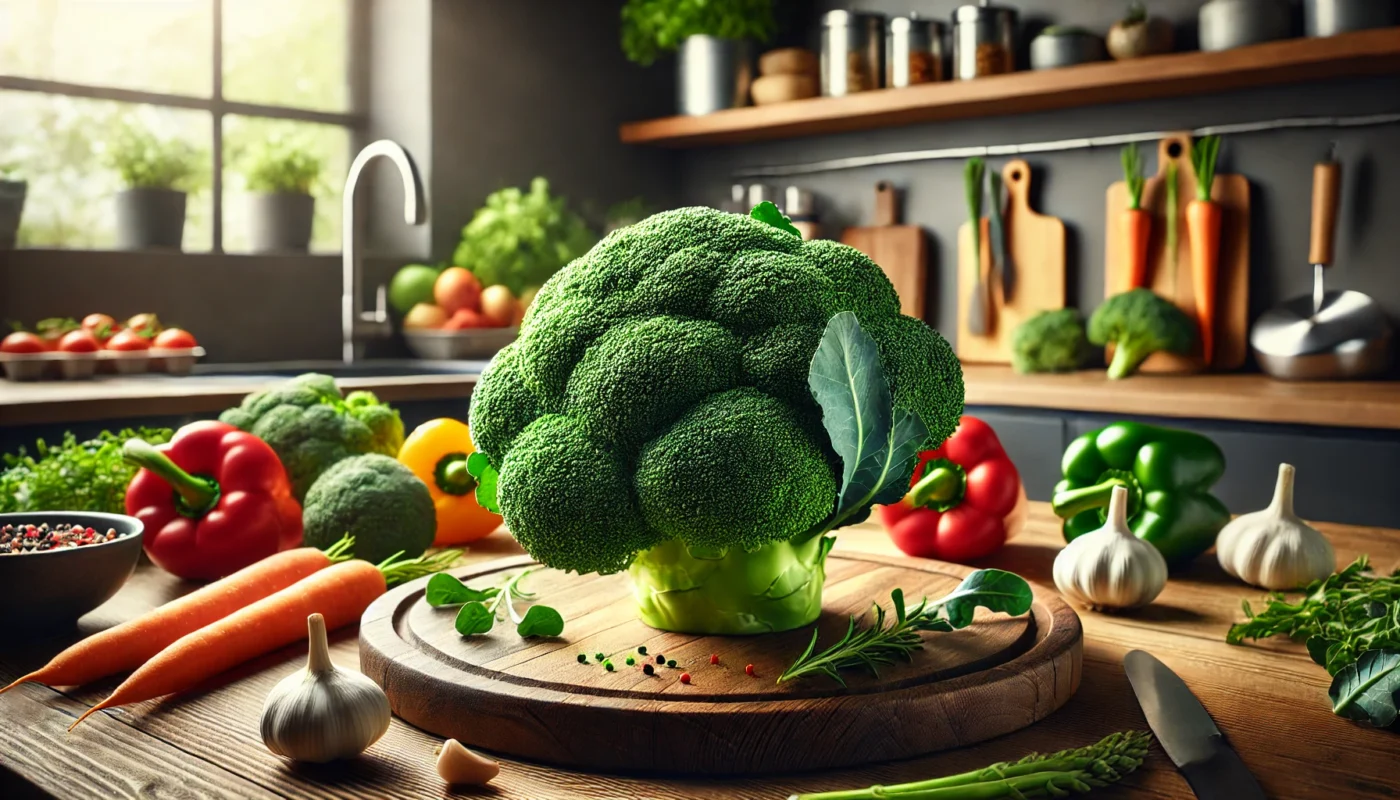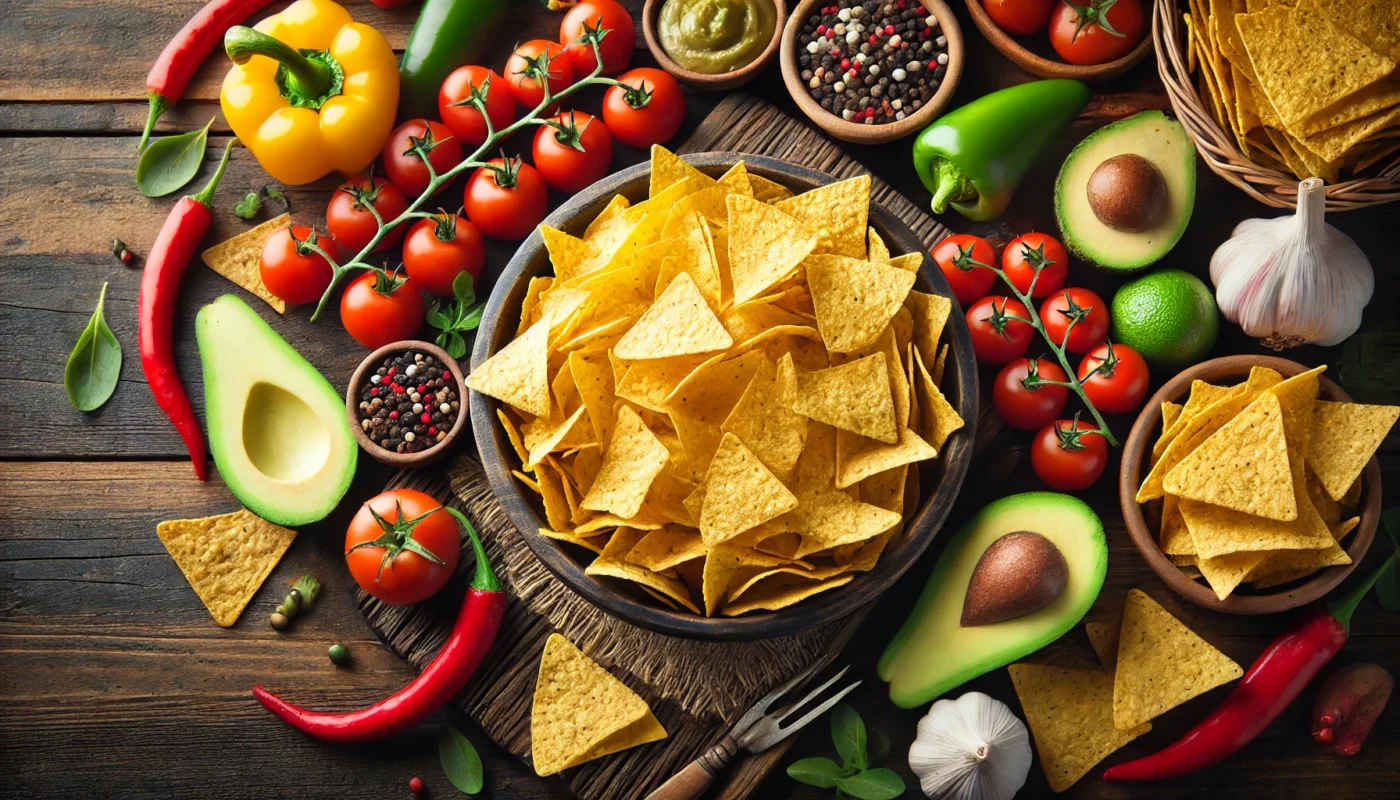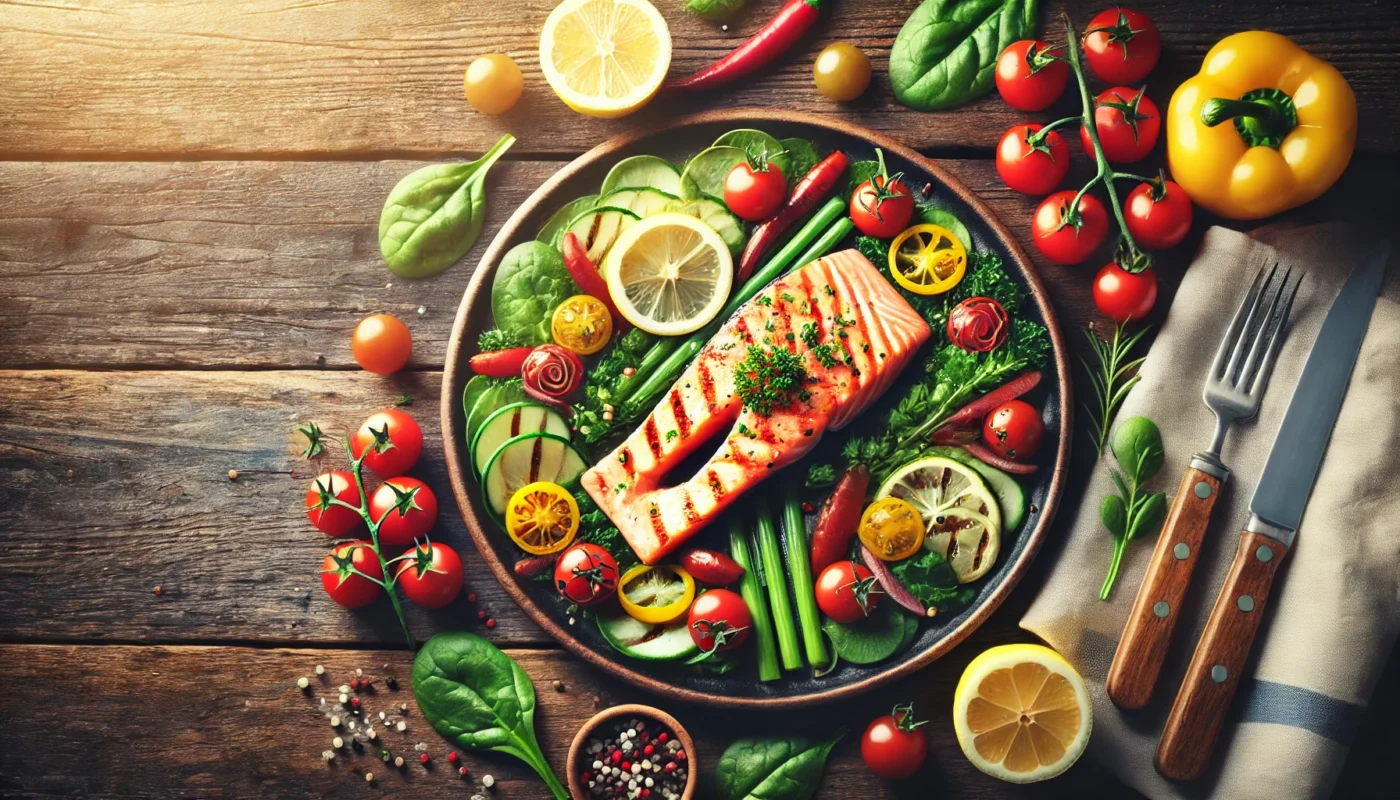Inflammation is the body’s natural response to injury, infection, or harmful stimuli. In short-term scenarios, it’s a beneficial process that promotes healing and recovery. However, when inflammation becomes chronic, it can lead to various health issues. Chronic inflammation is often subtle, quietly affecting the body’s systems over time, and can be influenced by lifestyle factors, including diet.
Tag Archives: cooking methods
Inflammatory Bowel Disease is a chronic condition characterized by inflammation of the gastrointestinal tract. This inflammation can lead to symptoms such as abdominal pain, diarrhea, fatigue, and weight loss. While there is no one-size-fits-all diet for IBD, certain dietary modifications can alleviate symptoms and improve quality of life.
In the quest for optimal health and wellness, incorporating superfoods into your diet is a strategy worth considering. Superfood vegetables, often hailed for their exceptional nutrient density and health benefits, offer a range of advantages that can support everything from heart health to cancer prevention. In this article, we delve into the top 10 superfood veggies that can make a significant impact on your health journey.
When it comes to maintaining joint health, dietary choices often spark considerable debate. One such topic is the role of tomatoes in joint wellness. Are tomatoes good for arthritis, or is tomato consumption bad for joints and bones? In this article, we will delve into the intricacies of tomato consumption and its impact on joint health, providing a comprehensive overview that is both informative and practical for those eager to optimize their well-being.
Broccoli is a common sight on dinner plates worldwide. But have you ever wondered why this humble vegetable is so frequently recommended by health experts?
The answer lies in broccoli’s impressive nutritional profile. Packed with vitamins, minerals, and antioxidants, broccoli is a true powerhouse of nutrition.
This article will delve into the science behind broccoli’s health benefits. We’ll explore the nutritional components that make broccoli a superfood and how they contribute to overall wellbeing.
We’ll also address common questions. Is it good to eat broccoli every day? What are the potential risks and considerations?
For fitness enthusiasts, health enthusiasts, and medical patients, this article will provide practical advice. It will help you understand how to incorporate broccoli into your diet effectively.
Whether you’re looking to optimize your health, manage a specific condition, or recover from an illness or injury, broccoli can play a key role.
Join us as we uncover the nutritional secrets of this versatile vegetable. Discover why broccoli deserves a regular spot in your meals.
When it comes to breakfast staples, turkey bacon often appears as a healthier alternative to traditional pork bacon. However, as health-conscious individuals scrutinize their dietary choices, the question arises: Is turkey bacon inflammatory? In this comprehensive analysis, we delve into the nuances of turkey bacon and its potential inflammatory effects, providing expert insights for fitness enthusiasts, health enthusiasts, and those managing medical conditions.
Protein is a vital nutrient, playing a key role in virtually every biological process in our bodies. But does protein cause inflammation? This question has sparked much debate among health enthusiasts, fitness buffs, and medical patients alike.
Inflammation is a natural response of our immune system. It helps protect our bodies from harm, but when it becomes chronic, it can lead to various health issues. Understanding the link between protein and inflammation is crucial for managing our health and wellbeing.
The type, quantity, and quality of protein we consume can influence our body’s inflammatory response. However, the relationship between protein and inflammation is complex and multifaceted. It’s not as simple as saying protein causes inflammation or it doesn’t.
This article aims to explore this intricate relationship. We’ll delve into the science behind protein and inflammation, debunking myths and providing evidence-based information. We’ll also discuss how different types of protein may affect inflammation and how to balance protein consumption for optimal health.
Whether you’re a fitness enthusiast seeking to optimize your recovery, a health enthusiast aiming to understand complex health information, or a medical patient looking for practical tips to manage your health condition, this article is for you. Let’s embark on this journey to better understand the link between protein and inflammation.
Before diving into specifics about tortilla chips, it’s crucial to grasp the concept of inflammation. Inflammation is the body’s natural response to injury or infection, acting as a defense mechanism. However, chronic inflammation can lead to a host of health issues, including heart disease, arthritis, and diabetes.
Inflammation is a natural response of our bodies to injury or illness. However, when it becomes chronic, it can lead to serious health issues.
One way to combat chronic inflammation is through diet. Certain foods, like anti-inflammatory fish, can help reduce inflammation in the body.
But what makes a fish anti-inflammatory? The answer lies in omega-3 fatty acids. These essential fats, found in abundance in certain fish, have been shown to reduce inflammation.
Salmon, mackerel, and sardines are among the fish rich in omega-3s. But what about other popular fish like tuna? Is tuna anti-inflammatory or does it cause inflammation?
In this article, we will delve into the science behind anti-inflammatory fish. We will explore the benefits of including these fish in your diet and provide practical advice on how to do so.
Whether you’re a fitness enthusiast, a health enthusiast, or a medical patient, this article aims to provide you with a comprehensive understanding of anti-inflammatory fish.
By the end, you’ll be equipped with the knowledge to make informed dietary choices that can help improve your wellbeing. Let’s dive in.

